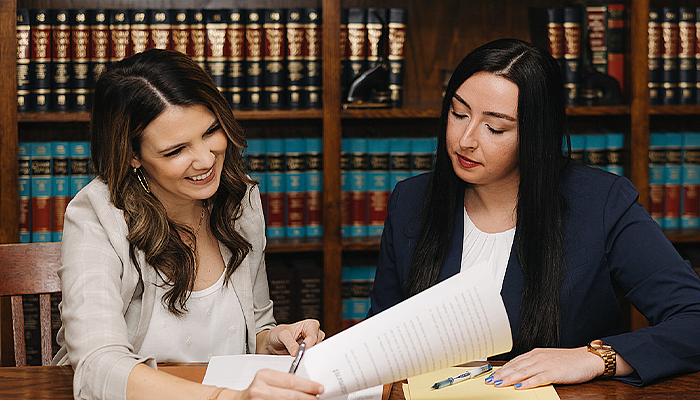When Should I Update My Will in New York State?

Creating a will is an essential step in ensuring that your wishes are carried out after your passing. However, simply drafting a will is not necessarily a one-time task; it may require periodic reviews and updates to remain relevant and effective. In New York State, various life changes and legal developments may necessitate updating your will. Here’s a guide on when and why you should consider revising your will.
Major Life Changes
Marriage or Divorce
One of the most significant events that should prompt you to update your will is marriage or divorce. If you get married, you’ll likely want to include your spouse as a beneficiary or adjust your executor. Conversely, if you divorce, any provisions that include your ex-spouse should be reevaluated and likely removed.
Birth or Adoption of Children
The arrival of a new child through birth or adoption is another critical moment for updating your will. You’ll want to include your new child as a beneficiary and consider appointing guardians and trustees in case something happens to you. Failing to update your will to reflect your growing family could lead to confusion and disputes among surviving family members.
Death of Beneficiaries or Executors
If a named beneficiary or executor in your will passes away, it’s essential to update the document. You may need to designate a new executor or adjust your beneficiaries to reflect your wishes. Failing to address these changes can lead to complications during the probate process, and having a clear plan can help prevent family disputes.
Changes in Financial Status
Significant Inheritance or Windfall
If you come into a significant inheritance or experience a substantial increase in income or assets, consider updating your will. This may involve redistributing your wealth among beneficiaries or making provisions for new assets. Having an updated will ensures that your newfound wealth is distributed according to your current intentions.
Major Purchases or Investments
Acquiring significant assets, such as a home, business, or other investments, likely warrants an update to your will. You’ll want to include these assets in your estate planning to ensure that they are distributed according to your wishes.
Changes in State or Federal Laws
New Laws Affecting Wills
Laws governing wills and estates can change, affecting how your will is interpreted and enforced. Staying informed about changes in New York estate law is essential. If significant legislative changes occur, consulting with a legal professional can help you determine if updates to your will are necessary.
Moving to a Different State
Impact of State Laws
If you move from New York to another state, your existing will may not automatically carry over under the new state’s laws. While most states honor wills created in other states, there may be specific requirements that your will must meet to be valid in your new state. It's wise to review your will with a legal professional in your new state after a move to ensure it complies with local laws.
Regular Reviews and Updates
Regular Review
Even if you haven’t experienced major life changes, it’s a good practice to regularly review your will. This review allows you to consider any changes in your family dynamics, financial situation, or personal wishes. A regular check-in helps ensure your will remains up-to-date and reflects your current intentions.
Consult a Legal Professional
Updating your will doesn’t have to be complicated. Consulting with a knowledgeable attorney, like those at Klafehn, Heise & Johnson P.L.L.C., can help you navigate the process effectively. They can guide you on what needs to be updated and ensure that your will comply with New York law. Contact us today to discuss your estate planning needs.
Rochester, NY Legal Professionals
Updating your will in New York State is crucial for ensuring that your wishes are honored and your loved ones are taken care of. Major life changes, financial shifts, changes in laws, or even just the passage of time should prompt you to revisit your estate plan. By staying proactive about your will, you can avoid complications for your heirs and ensure a smoother process during a challenging time. Don’t wait until it’s too late; make sure your will reflects your current wishes and circumstances.
Legal Disclaimer: This article provides general information about legal strategies and guidance for estate planning and probate law in New York State. It should not be construed as legal advice or a substitute for consulting with an attorney. Each individual’s situation is unique, and laws can vary from state to state. For specific legal advice and guidance tailored to your transactions and circumstances, consult with the attorneys at Klafehn, Heise & Johnson PLLC in Brockport, NY. You can contact us here. Portions of this account are considered ATTORNEY ADVERTISING under the New York State Unified Court System Rules of Professional Conduct (22 NYCRR Part 1200). Prior results do not guarantee a similar outcome.
‹ Back













